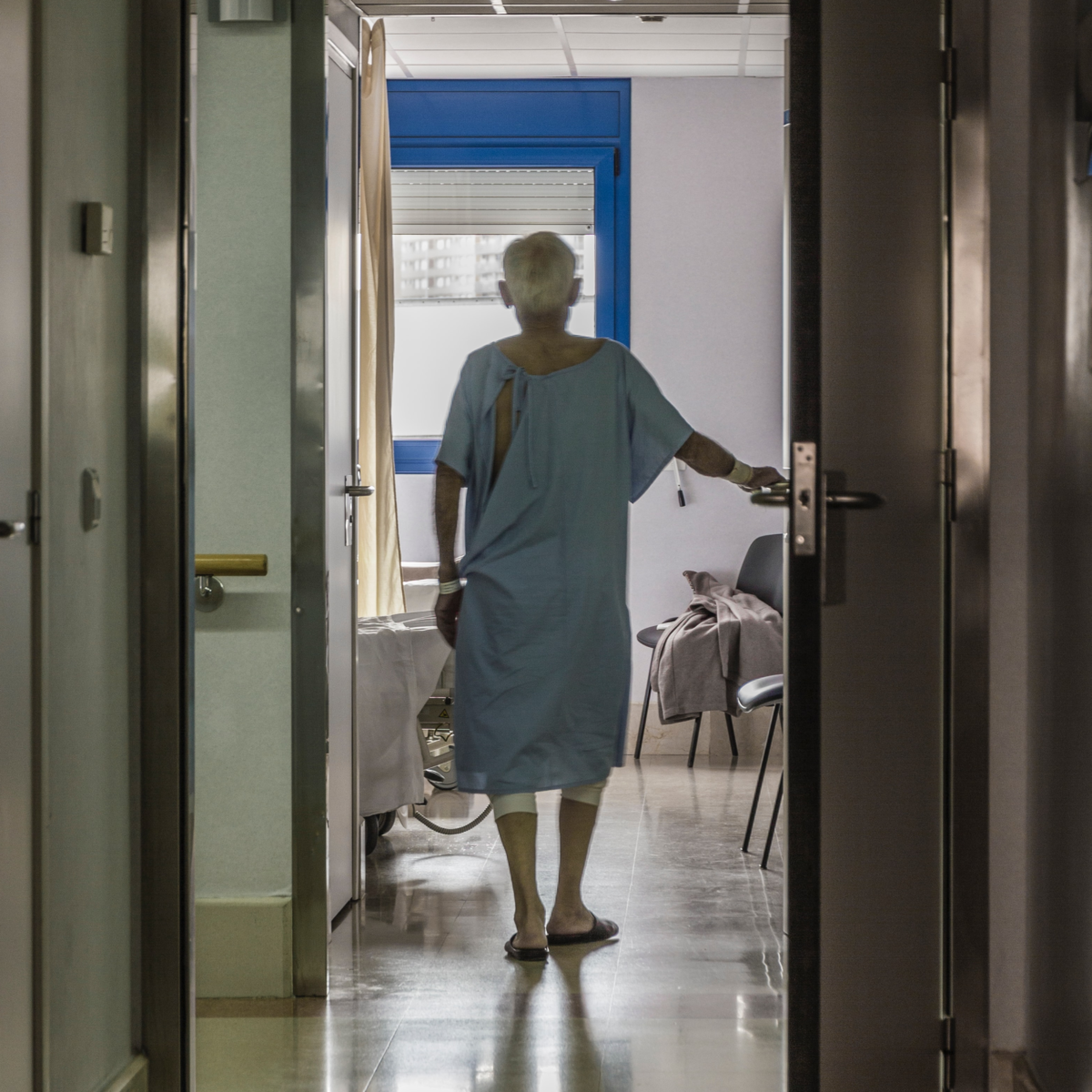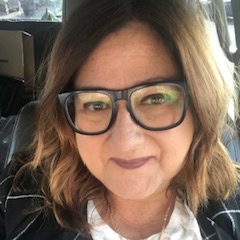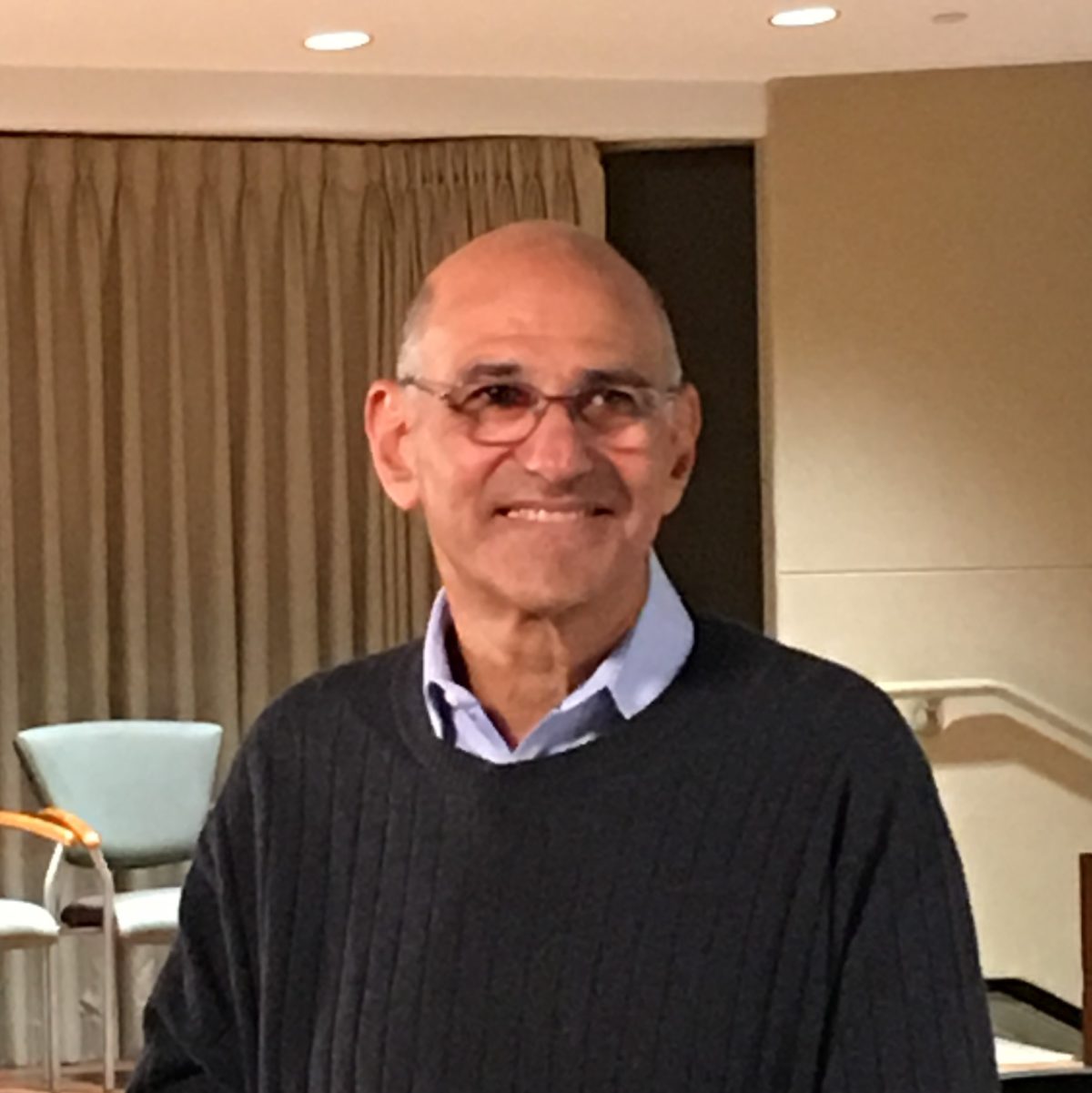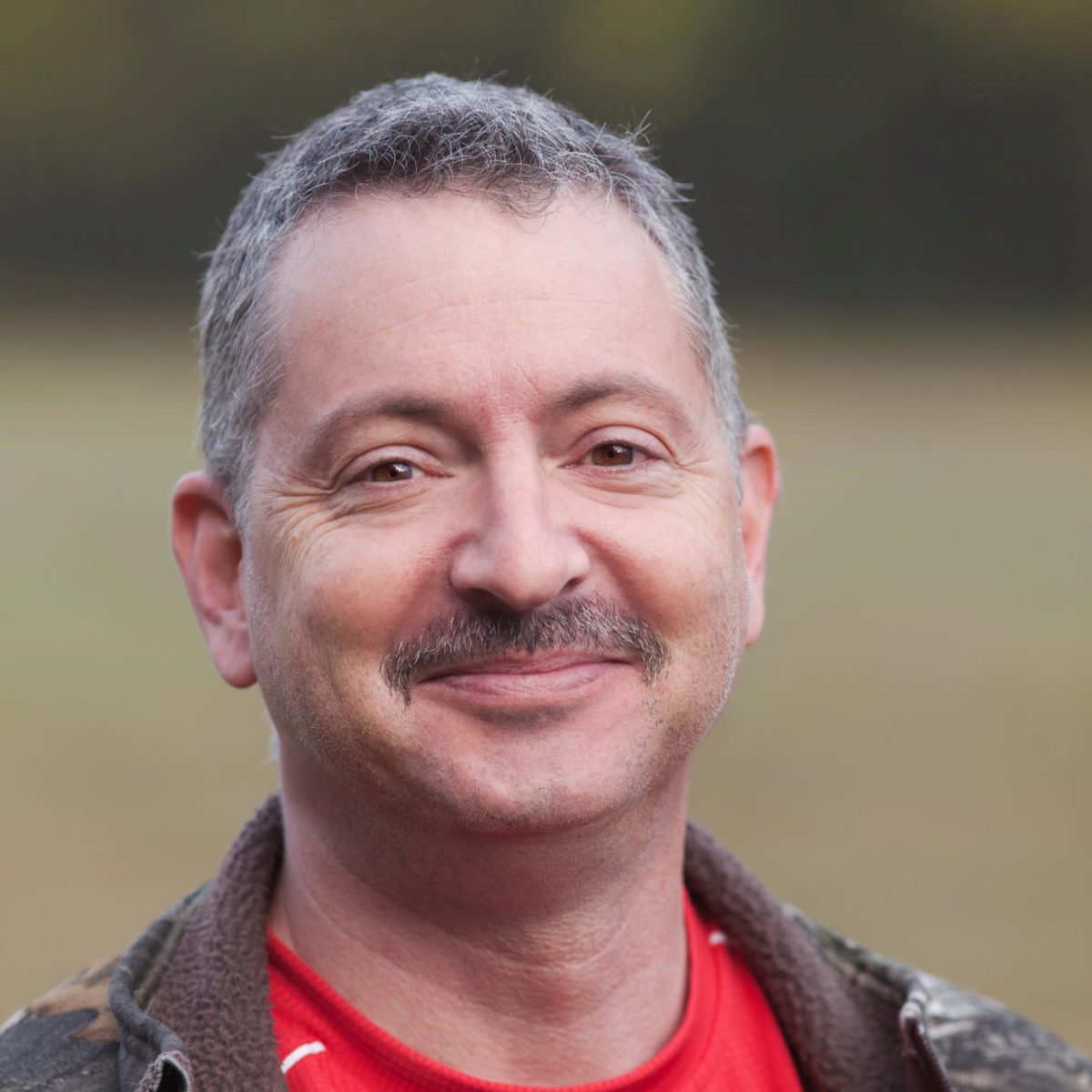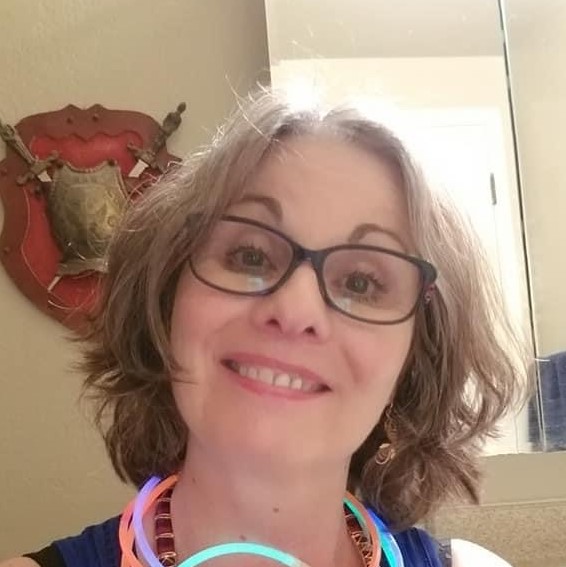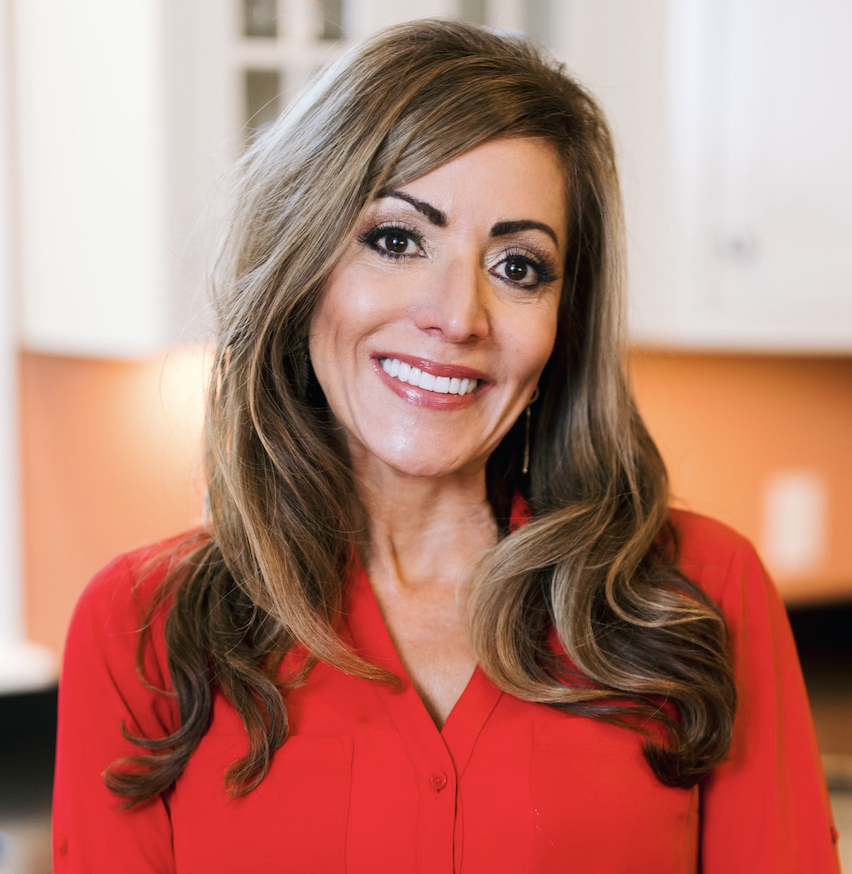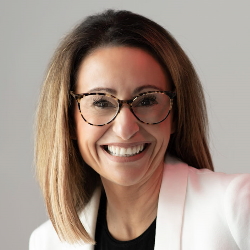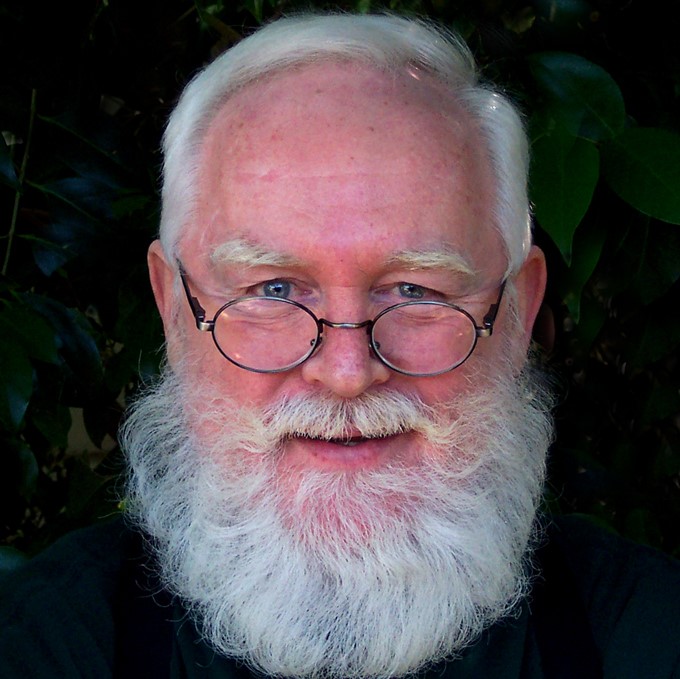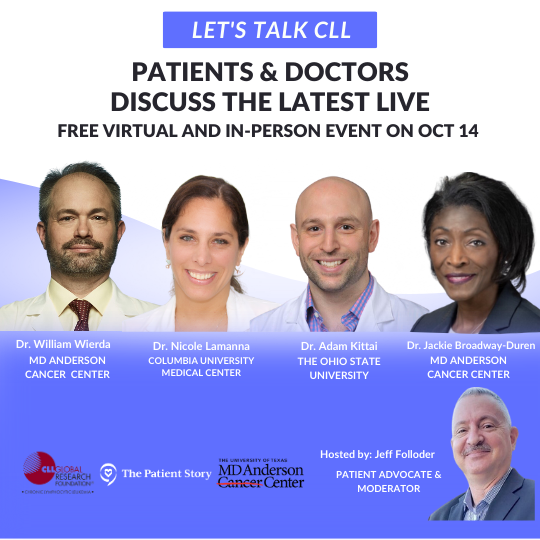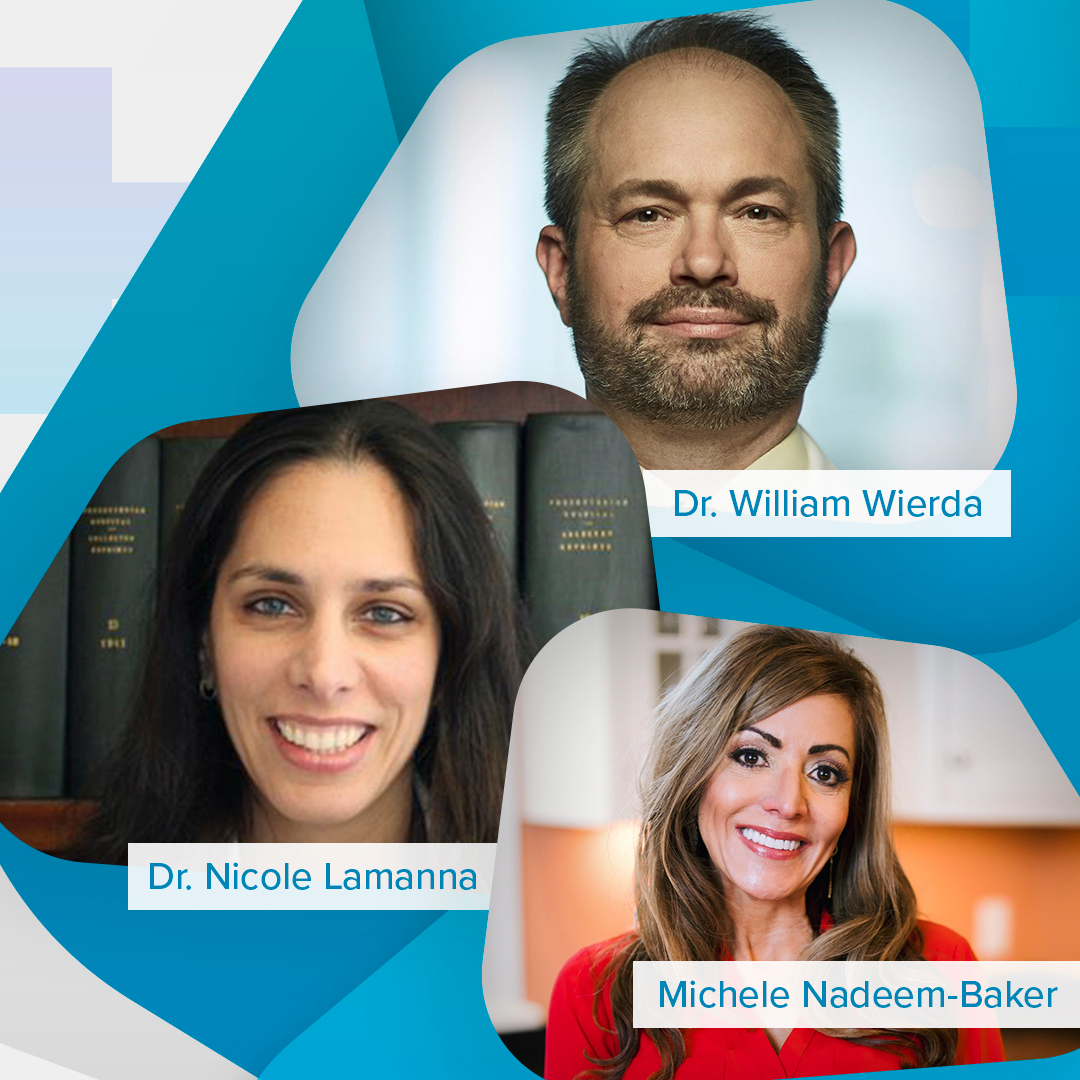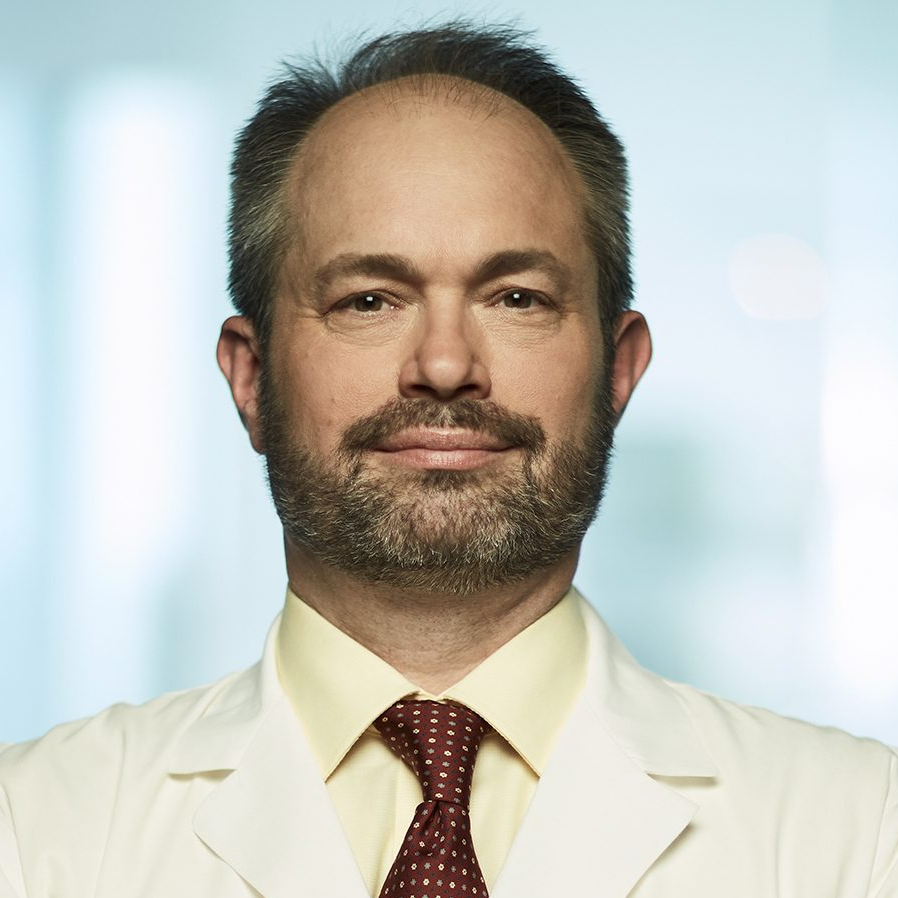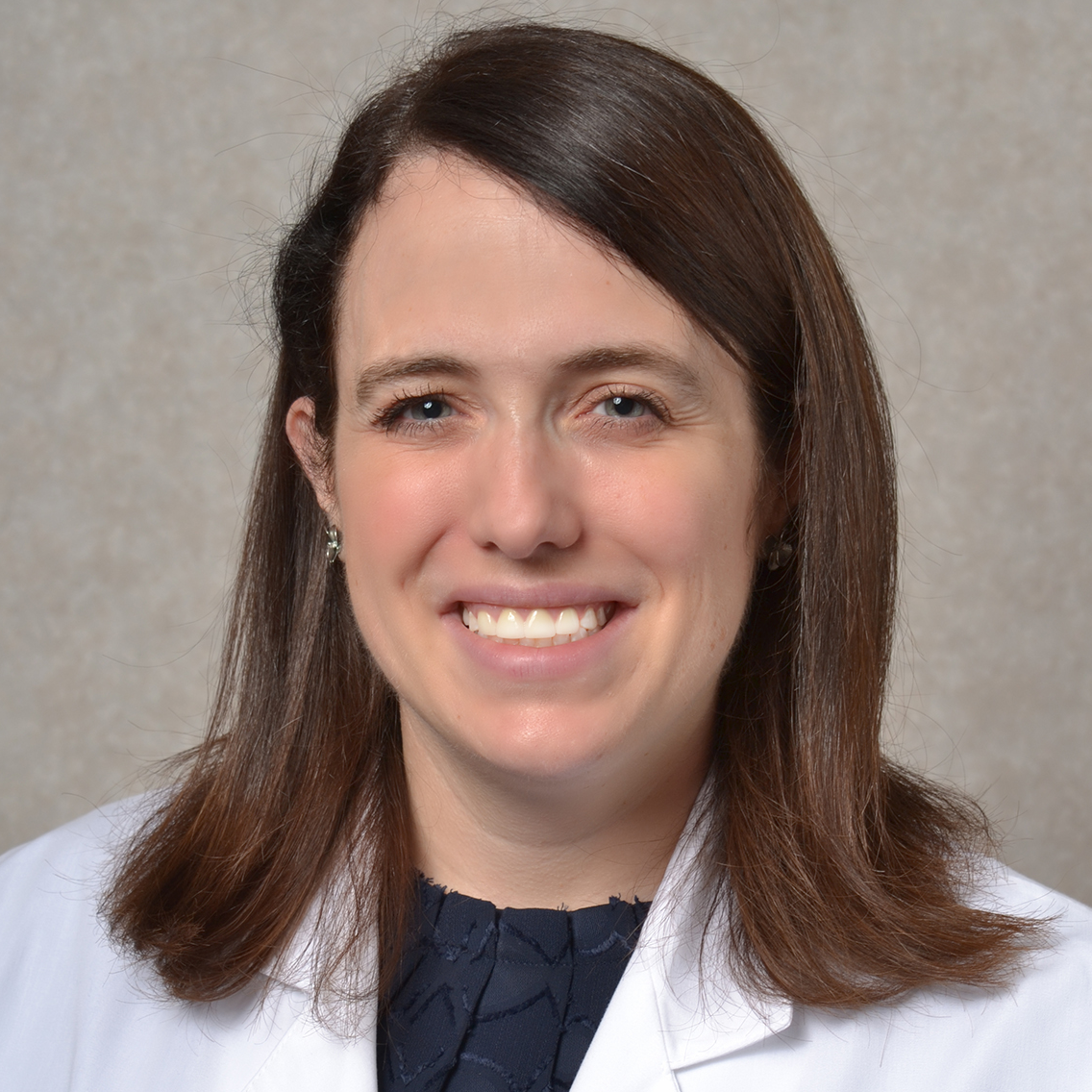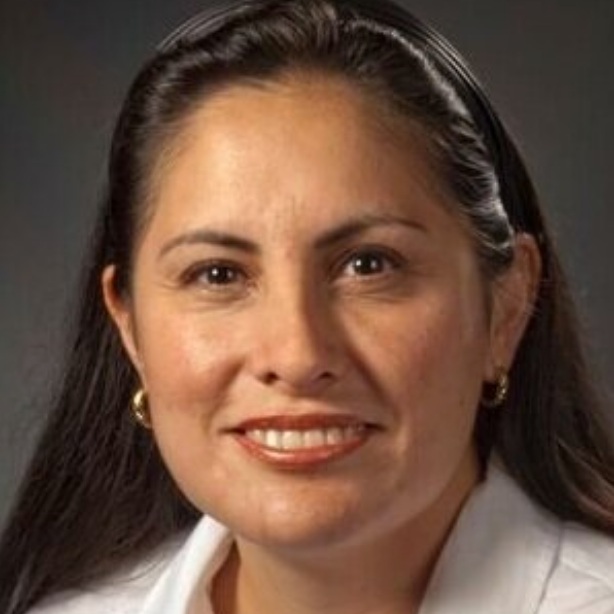Chronic Lymphocytic Leukemia Diagnosis & Patient Stories
Chronic lymphocytic leukemia is the most common form of adult leukemia.
Explore below for our in-depth CLL patient stories, who share everything from first symptoms, treatment decisions, undergoing different therapies, and navigating life with mantle cell lymphoma.
Also hear from top medical experts, like Dr. Kerry Rogers and Dr. Jacqueline Barrientos, on chronic lymphocytic leukemia and the latest on CLL treatments.
Our CLL and SLL patients join to power a discussion about common treatment side effects, sharing their personal experiences, and getting some guidance from our featured CLL/SLL expert, Dr. Matthew Davids of Dana-Farber Cancer Institute.
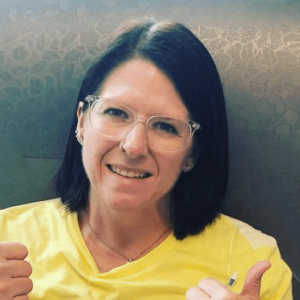

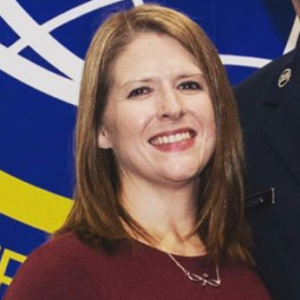
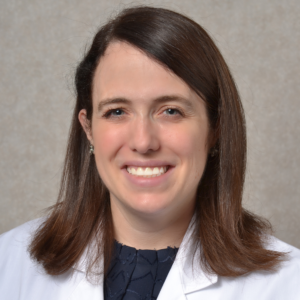
Chronic Lymphocytic Leukemia (CLL) Patient Stories
From feeling their first symptoms, getting diagnosed, to managing through treatments like chemotherapy, stem cell transplants, and targeted therapy, explore the stories of chronic lymphocytic leukemia patients below.
Susan K.
Symptoms: Swollen lymph nodes on the neck, high white blood count
Treatment: Venetoclax & obinutuzumab
Michele N.
1st Symptoms: Slow healing, scalp infection, enlarged lymph nodes
Treatment: Clinical trial of ibrutinib, fludarabine, chlorambucil and rituximab; acalabrutinib
Tamsin W.
1st symptoms: Out of breath, dizzy, nauseated, tiredness, palpitations
Treatment: Obinutuzumab & venetoclax
Bill M.
1st symptoms: Tightness, lumps in left side of neck, severe pain in left shoulder, enlarged spleen
Treatment (CLL): 6 cycles of EPOCH, clinical trial for DuoHexabody-CD37
Stephen B.
1st symptoms: difficulty swallowing and fatigue
Treatment: Rituxan, Bendamustine, targeted therapy BTK inhibitor (ibrutinib)
Sean R.
1st symptoms: No apparent symptoms; went to ER for unrelated shoulder pain
Treatment: Clinical trial, Ibrutinib & Venetoclax
Tony D.
1st Symptoms: Lump in back of neck that got bigger in a couple weeks
Treatment: Targeted therapy - orall pill (Imbruvica), takes 3 pills a night
CLL Specialists
Let’s Talk CLL: Patients & Doctors Discuss the Latest LIVE
Patients, care partners, and a panel of CLL experts including Dr. William Wierda, Dr. Nicole Lamanna, Dr. Adam Kittai, and Jackie Broadway-Duren share the latest in CLL research, clinical trials, treatments, and comprehensive care strategies.
How to Build a Strong CLL Team
Nicole Lamanna, MD, from Columbia University Medical Center, Spencer Bachow, MD, from Boca Raton Regional Hospital, and CLL patient Lisa P. discuss the importance of building a strong support system and collaborating effectively with multiple doctors.
Latest on CLL Treatment (2022)
Featuring: Nicole Lamanna, MD; William Wierda, MD, Ph.D
Hosted by: Michele Nadeem-Baker
Topics: Pirtobrutinib, new oral combinations, venetoclax updates, CAR T
William Wierda, MD, PhD
Role: Hematologist, Med. Dir., Dept of Leukemia
Focus: Chronic lymphocytic leukemia (CLL), other leukemias
Provider: MD Anderson
Kerry Rogers, MD
Role: Hematologist, researcher
Focus: Chronic lymphocytic leukemia (CLL), Hairy Cell Leukemia (HCL)
Institution: OSUCCC-The James
Tim Fenske, MD, MS
Role: Hematologist-Oncologist
Focus: chronic lymphocytic leukemia (CLL) & leukemia and lymphoma | CAR T, targeted therapy
Provider: Medical College of Wisconsin
Jacqueline Barrientos, MD
Role: Hematologist, researcher
Focus: Chronic lymphocytic leukemia (CLL), lymphoma, 17p Deletion (Ibrutinib, Acalabrutinib, Venetoclax), IgHV mutation
Provider: Northwell Health (NYC)
Many people diagnosed have no symptoms whatsoever and are sometimes somewhat confused about going to the cancer hospital to meet with me.
Dr. Kerry Rogers
Many times, people don’t really want to know about it and just want to listen to their doctors. The field is changing so quickly that I think the most important thing you can do is to be an advocate for yourself.
Dr. Jacqueline Barrientos
Really, in the last year based on some recent studies, most experts in the field agree that there’s very little if any role for conventional chemotherapy in the frontline for CLL.
Dr. Timothy Fenske
CLL Spotlight Story: Andrew Schorr
What is CLL?
Understanding CLL in layman’s terms
We spoke with CLL specialist, Dr. Kerry Rogers, about chronic lymphocytic leukemia, and how patients and their families can understand the disease.
“When thinking about CLL, it’s also important to realize that this is the most prevalent adult leukemia, meaning more adults live with CLL than any other type of leukemia.
People with CLL can expect to live a very long time, including their natural lifespan, and not everyone needs treatment. Because of that, it’s imperative to think about how well people are going to live with their CLL.
One thing that really helps people that’s not necessarily fancy is knowing how to look at your own blood counts.
People get these complete blood counts all the time, and you’ll see your white blood cell (WBC) count, hemoglobin, platelets, and then below that, you’ll see a differential that tells you what type of white blood cells those are.
You always want to look at the lymphocyte count, because the CLL cells are counted under lymphocytes. The other testing is something you do just on the leukemia cells.
It’s always very important to ask if this testing is done and what the results are so that you can know more about your CLL.
It helps you predict how much trouble you might have from the CLL in the future, the time before needing treatment, help in selecting a better course of treatment, how many treatments you might need in your lifespan, or if, at some point, a clinical trial might be appropriate for you.
The major ones are the IgHV and CLL FISH panel, which stands for fluorescence in situ hybridization. It is a chromosome analysis where they look at all the chromosomes because people with three or more changes in their chromosomes actually predict a higher risk of CLL.
They can expect to have more treatment and more difficulty with it in their lifetime. People with normal karyotype, like normal chromosomes, actually expect to have less difficulty.”
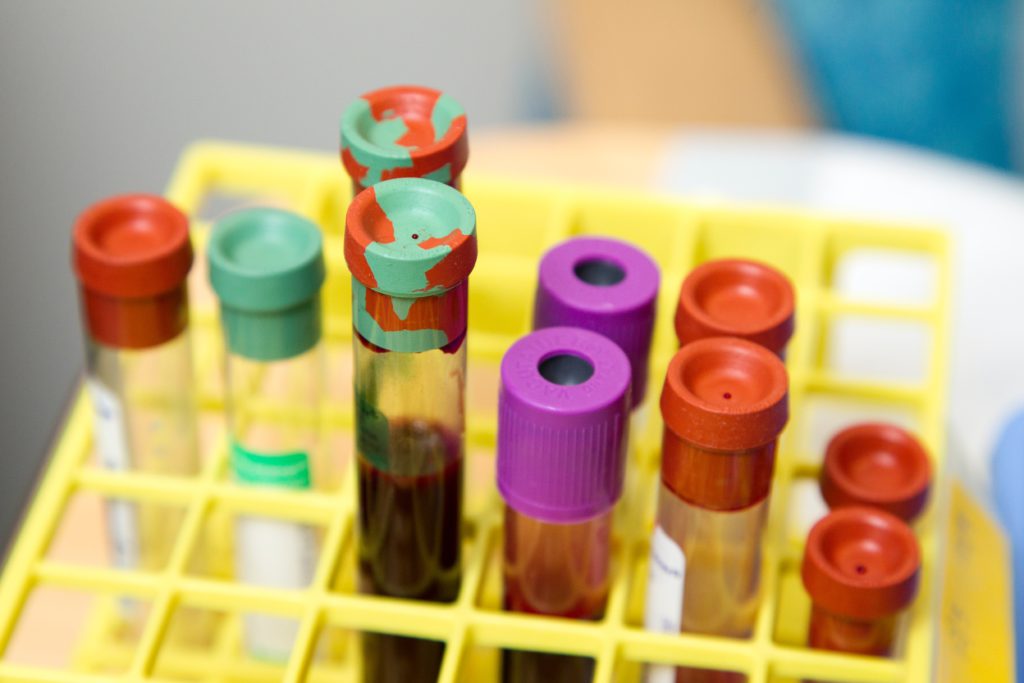
Is CLL leukemia or lymphoma?
Another CLL specialist, Dr. Jacqueline Barrientos, says there are two components of CLL:
- Blood cancer: it’s a disease of the blood. That’s the leukemia.
- Enlarged lymph nodes: the way that these cancer cells live and proliferate is by going to the lymph nodes. Once they grow in the lymph nodes, then they go back out into the blood.
Some patients present with only the enlarged lymph nodes and no evidence of leukemia in their blood. Those people are called SLL patients, which is like a sub-sub-type. They present a little differently, but it’s the same disease.
»MORE: Hear from CLL specialist, Dr. Jacqueline Barrientos
Categories and Stages of CLL
Dr. Rogers explains that the way to categorize and stage CLL is very different from solid tumors like breast cancer or lung cancer, where staging is determined by how much the cancer has spread in the body. For those solid tumor diseases, if the cancer has left the origin site, it complicates the prognosis and treatment options.
For blood cancers like CLL, the cancer goes where the blood goes, which is everywhere, so medical professionals cannot use the same basis.
Rai Staging
The most common staging for CLL is called Rai Staging, developed by Dr. Kanti Rai.
- Stage 0: CLL cells are in the blood
- Stage 1: CLL cells are in large lymph nodes
- Stage 2: An enlarged liver or spleen from CLL
- Stages3 & 4: CLL cells are on the bone marrow that has caused people to have low hemoglobin, be anemic, or have a low platelet count from the CLL
How is CLL staged?
According to CLL experts we spoke with, patients go through physical exams and blood counts to get staged. Many people do not require a bone marrow biopsy, though some patients may undergo one to understand why their blood counts are low.
Dr. Rogers says the other focus here is on the main forms of CLL and if there’s a slow-growing or a fast-growing type.
Everybody’s a little bit different. You’ll see some people diagnosed with CLL, and they’ve had it longer than I’ve been a doctor, and they’re doing fine with it. Their white count is the same as it has been for the last couple of decades.
But there are people whose CLL isn’t moving very fast at all. Then, some were diagnosed 18 months ago, and their white count has gone from 15 to 200 over that time.”
Tests for CLL
There are multiple tests to determine whether someone has CLL, including some that help figure out whether the cancer is the slower or faster growing type. Here’s how Dr. Rogers described a couple tests:
IgHV mutational status
“One of those tests is called IgHV mutational status, or immunoglobulin heavy chain gene mutational status, where unmutated usually means a faster-growing, higher risk CLL.
I’d like to think of mutated as a special, low-risk slow-growing CLL, and that’s mutating your immunoglobulin as a normal process in B cells. This just says whether or not the CLL cells did that before they turned into leukemia cells.
FISH test for CLL
Some other tests that can help include FISH panel testing, which is just a fancy way to look at chromosomes in the CLL cells, not like the ones you pass onto your kid.
Things like deletion of the short arm of chromosome 17 or deletion of 17p can mean that we’d expect the CLL to be faster-growing, and deletion of 13q, which is part of the 13th chromosome, predicts slow-growing.
We can use a combination of these factors to guess how someone’s CLL will do.
Of course, sometimes we’re surprised. Sometimes, it looks like it will be slow-growing and it’s not, or people with some high-risk features really have an extended course but their CLL isn’t causing them any issues.”
When does a CLL patient need to start treatment?
This depends on a variety of factors, but a big one is focused on whether blood counts are abnormal, and if so, how much. According to Dr. Barrientos, “The majority of patients present with abnormal blood counts. The normal maximum number for white blood cell counts is 10,000.
Many patients present with 20 or 30. Over time this number can increase to even 40, 60, or 100. There is no magic number at which we decide to start therapy
We monitor and when patients show symptoms like anemia, low platelets or painful enlarged lymph nodes, then we’ll start therapy.
Dr. Barrientos
Chronic Lymphocytic Leukemia Treatments
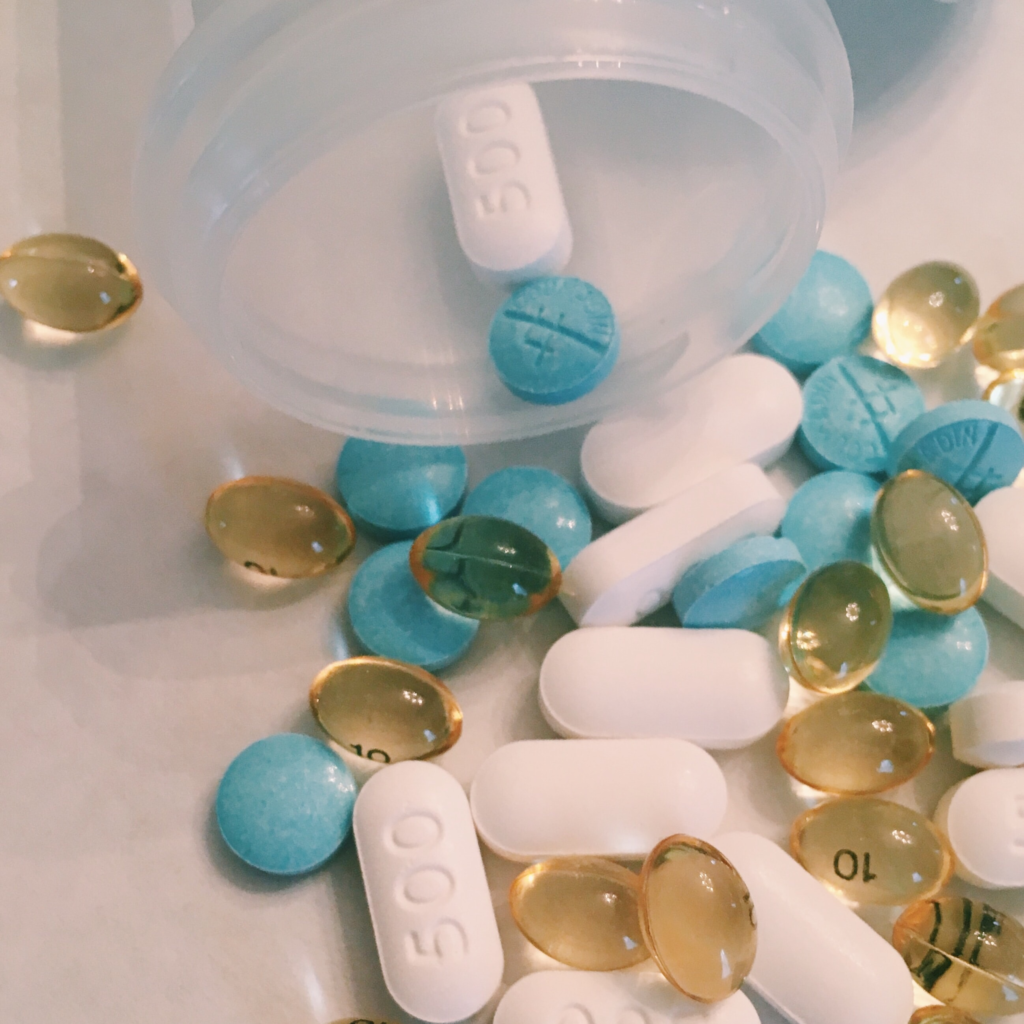
There has been a significant amount of research dedicated to finding new treatments and therapies to help CLL patients of all ages.
But understanding what’s out there can feel so overwhelming. This page will feature all the programs and experts who highlight different treatment options and areas, taking out as much medical jargon as they can to help us patients and caregivers better understand what’s on the table.
Navigating Life with Cancer
A cancer diagnosis leads to many more questions than ones about medical treatment. How do I break thew news to friends and family? Will I lose my hair? Do I need to advocate for myself right now?
Read pieces and hear from our patients on some of the most popular cancer topics. For a full list of topics, click here.
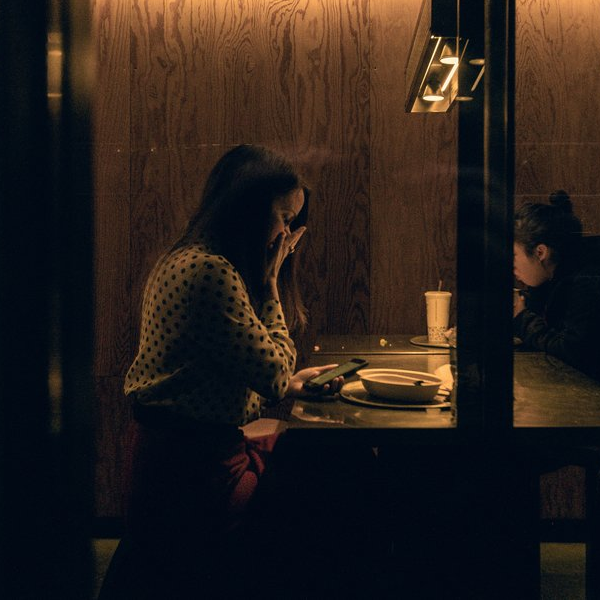
Processing a Cancer Diagnosis
Cancer patients share how they were able to eventually process their cancer diagnosis.

Breaking the News of Diagnosis to Loved Ones
Once cancer patients learn of their own diagnosis, one of the top questions next is how to tell family and friends. Get some guidance from those who’ve already been there.

How to Be a Self-Advocate
Cancer patients share how they advocated for themselves throughout the diagnosis and treatment experience.

Hair Loss & Cancer Treatment
One of the most popular questions, especially with chemotherapy as part of cancer treatment, is, “Will I lose my hair?” Hear how some people managed through hair loss.
